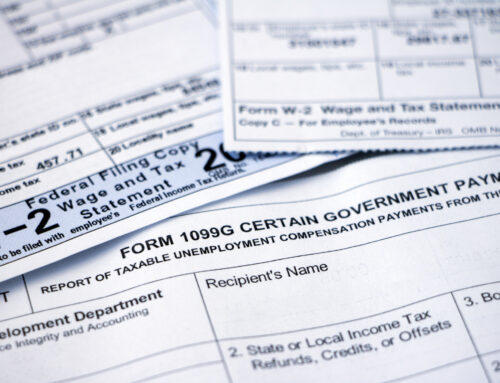Know your Taxpayers Bill of Rights
IRS Summertime Tax Tip 2017-21, August 18, 2017
Every taxpayer has a set of fundamental rights and the IRS has an obligation to protect them. The “Taxpayer Bill of Rights” groups the taxpayer rights found in the tax code into 10 categories. Know these rights when interacting with the IRS. A good way to learn about them is by reading Publication 1, Your Rights as a Taxpayer.
Below are the descriptions of each right, as listed in Publication 1:
- The Right to Be Informed.Taxpayers have the right to know what to do in order to comply with the tax laws. They are entitled to clear explanations of the laws and IRS procedures on all tax forms, instructions, publications, notices and correspondence. They have the right to know about IRS decisions affecting their accounts and receive clear explanations of the outcomes.
- The Right to Quality Service.Taxpayers have the right to receive prompt, courteous and professional assistance in their interactions with the IRS. They also have the right to be spoken to in a way they can easily understand, to receive clear and easily understandable communications from the IRS, and to speak to a supervisor about inadequate service.
- The Right to Pay No More Than the Correct Amount of Tax.Taxpayers have the right to pay only the amount of tax legally due, including interest and penalties and to have the IRS apply all tax payments properly.
- The Right to Challenge the IRS’s Position and Be Heard.Taxpayers have the right to raise objections and provide additional documentation in response to formal IRS actions or proposed actions. They also have the right to expect the IRS to consider their timely objections promptly and fairly and to receive a response if the IRS does not agree with their position.
- The Right to Appeal an IRS Decision in an Independent Forum.Taxpayers are entitled to a fair and impartial administrative appeal of most IRS decisions, including many penalties and have the right to receive a written response regarding the Office of Appeals’ a decision. Taxpayers generally have the right to take their cases to court.
- The Right to Finality.Taxpayers have the right to know the maximum amount of time they have to challenge an IRS position as well as the amount of time the IRS has to audit a particular tax year or collect a tax debt. Taxpayers have the right to know when the IRS has finished an audit.
Read more of this article by clicking the link: http://bit.ly/2wtThpv
Shared from Internal Revenue Service






